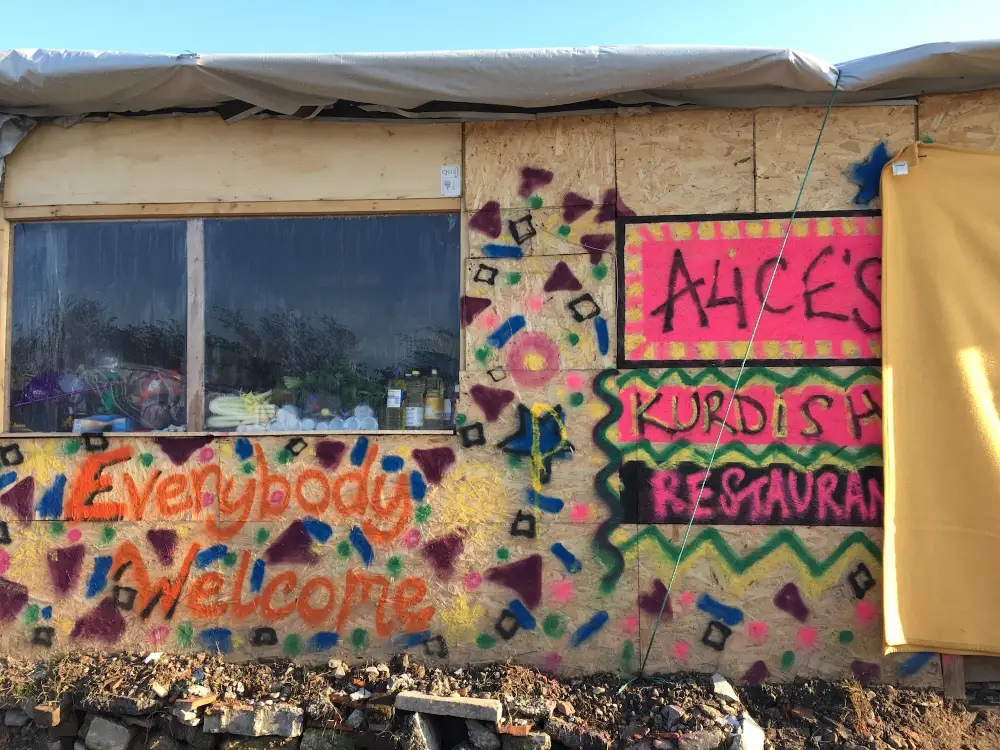LANGUAGE JUSTICE CAMP
Dijon, France, 14-20 August

“Language is everywhere. It’s power, border, weapon, expression, relationship.”
We invite you over to an activist and self-organised camp on the topic of language.
In workshops, assemblies, movies and performances we will reflect and discuss on the relation between language and power, the role of interpreters as mediators and activists and the technologies that allow the languages and groups to be seen / heard.
The focus are minorities, people on the move, LGBTIQ*, deaf / Deaf and hard of hearing.¹
If you are involved in (queer)feminist struggles, anti-racist groups, self-organised people on the move-groups, groups tackling classism, audism or who have to deal with a multilingual setting – come and share your experience. If you provide interpreting technology in activist contexts or if you do interpreting – conference and community interpreting as well as interpreting in activist contexts – then come and get connected. Furthermore: you are very welcome to participate if you are not organised, but interested in these topics!
If you are radically fighting on a topic it cannot be in one language!
The idea is to bring together around 100 people in the 2 locations of the camp near Dijon: Les Tanneries and les Lentillères. During this week we want to open up the space to connect all kinds of groups and struggles that deal with language barriers in order to strengthen our network and fight together for our common belief: our struggles are international, so it’s time we make them multilingual – with the needed skills and knowledge.
¹ Following from the experience of a similar camp two years ago, the group organising the LJC worked on trying to make the content of this camp relevant, and the space of the camp itself accessible and welcoming to the d/Deaf and hard of hearing communities. While being aware the camp would remain a largely hearing space. For several reasons, the link of signed languages and the struggle of d/Deaf and hard of hearing communities to the topic of language justice will not feature in the camp in the way the other topics in the list above will. The reasons are: The timing of the camp, as a lot of people invited aren’t free on those dates. Apart that, there was too little knowledge and experience and too few capacities within the organising group to catch up on this within the time available. Also, there were too few capacities of people close to the organising group with ties and links to the communities.